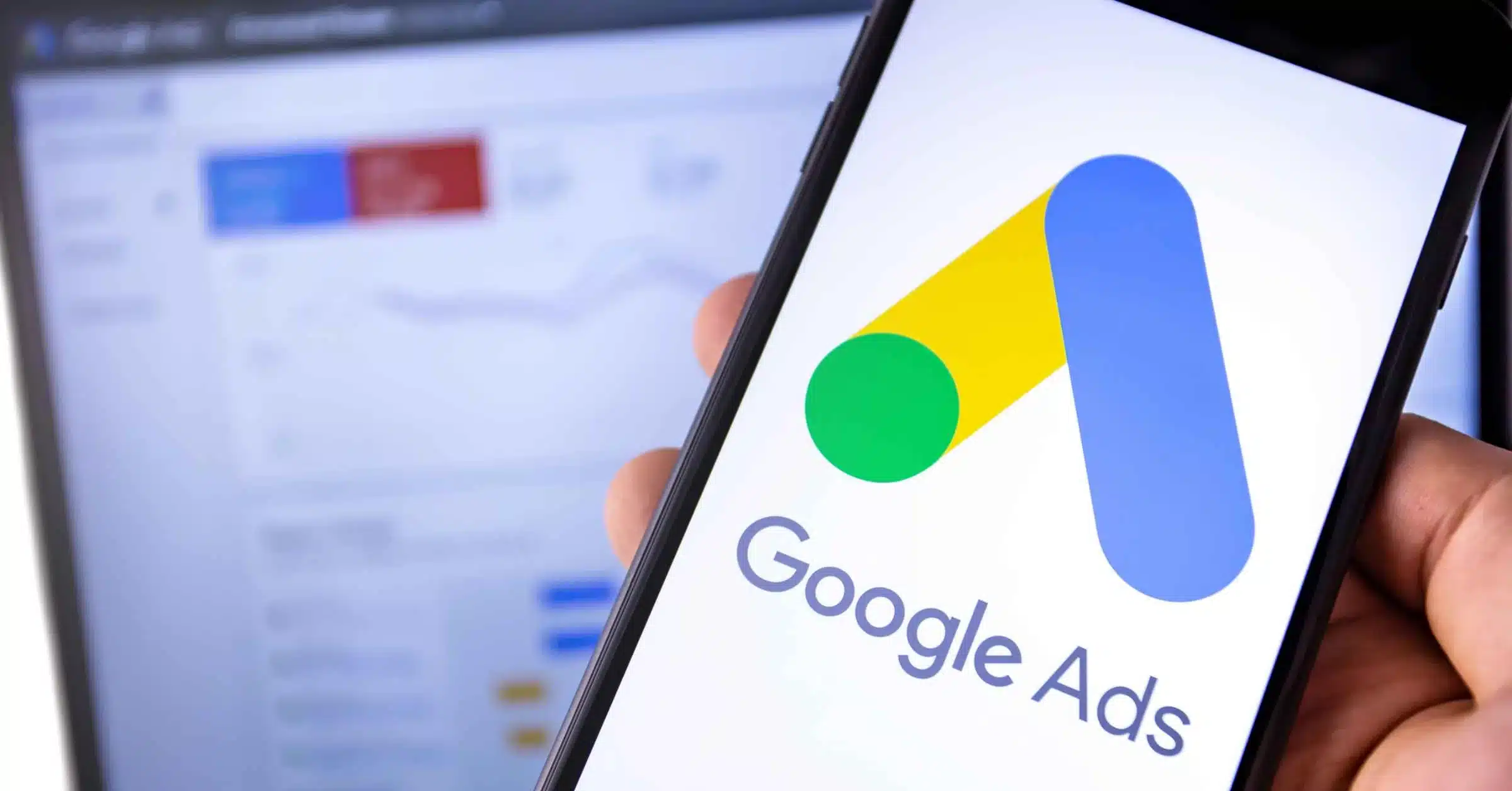
Table of Contents
- Introduction
- The Rise of Artificial Intelligence and Machine Learning in PPC
- The Growing Importance of Voice Search Optimization
- The Rise of Short-Form Video Content in Digital Marketing
- The Continued Importance of Local SEO and Geo-Targeting
- Data Privacy Changes in Digital Marketing
- Conclusion
Be honest – did you know that ChatGPT was going to cause such an enormous disruption across the entire digital marketing industry? You probably could have predicted that something around automation and artificial intelligence was on its way, but unless you work at OpenAI, you were probably as shocked as everybody else when ChatGPT made its debut.
With that surprise in mind, we can’t say that we know exactly how the future is going to go, but our 17 years of experience in digital marketing means we’ve got a pretty good idea what some of the big stories are going to be around this time next year, and we didn’t need a crystal ball or tarot cards.
The Rise of Artificial Intelligence and Machine Learning in PPC
Let’s talk about how artificial intelligence (AI) and machine learning are changing the game in pay-per-click (PPC) advertising. These technologies are can look at existing data and make smart choices for your ads. They’re becoming crucial for managing and getting the most out of your PPC campaigns.
One big change in particular is in how we do bidding for ads. Thanks to machine learning, we can now let the system automatically adjust how much we bid for an ad based on past performance. It learns from what’s worked in the past and makes adjustments in real time, helping you getthe best results for your money.
AI is also a big help in understanding your audience better. It can sift through large amounts of data to spot patterns in how ICPs behave online. This includes tracking which websites they visit, how long they stay there, and what actions they take. By using AI, you can get a clearer picture of your target audience, like what they’re interested in and how they behave, helping you create ads that really speak to them.
With the help of AI like ChatGPT, you can get more specific with your ad targeting. This tool can help you figure out the best keywords and ad phrases that your audience is likely to search for. It also helps you create ads that are more relevant and engaging for your audience. AI can even help segment your audience based on their interests and behaviors, so you can tailor your ads to different groups more effectively.
The Growing Importance of Voice Search Optimization
As we move into 2023, the use of voice-activated devices like Siri, Alexa, and Google Assistant is expected to grow, with more than 50% of all searches projected to be voice-based. Here’s what you need to know to stay ahead:
Conversational Content: Voice searches are more conversational. They often involve full sentences or questions. This means we need to adapt our content to be more natural, using long-tail keywords and phrases that mirror how people actually speak.
FAQ Optimization: Utilizing Frequently Asked Questions (FAQs) is a smart strategy for voice search optimization. Anticipate what questions your audience might ask and provide clear, concise answers. This can improve your visibility in voice search results, as these Q&A formats align well with voice query patterns.
Mobile Optimization: With the increasing use of mobile devices for information, optimizing for mobile voice searches is essential. A mobile-friendly website with fast-loading pages and clear navigation is key to enhancing your mobile voice search presence.
Local SEO: Voice searches often have a local focus, like “near me” queries. Improving your local SEO can make your business more visible in voice search results for local queries. This includes claiming your Google My Business listing and optimizing for local keywords.
Structured Data: Implementing structured data or schema markup on your website can significantly enhance your content’s visibility and relevance in voice search results. Providing detailed information about your products and services through schema markup helps search engines better understand your content.
Featured Snippets Optimization: Striving for “position zero” or featured snippets in search results is particularly beneficial for voice search. Create content that directly answers common questions to increase the likelihood of appearing as a voice search result.
User Experience: A seamless and engaging user experience is crucial for voice search optimization. Regularly optimizing your website’s performance and speed ensures a smooth experience for users, which is vital for maintaining search rankings.
Natural Language Processing: Embrace natural language processing to enhance user interactions with your website or voice-activated applications. Accurately interpreting natural language queries and providing relevant responses can boost user satisfaction and engagement.
Incorporating these strategies into your digital marketing approach can position your business effectively for the evolving voice search platforms, ensuring you are not just heard but also found in a voice-activated world.
The Rise of Short-Form Video Content in Digital Marketing
It’s not just TikTok or Instagram Reels, and it definitely isn’t your imagination–video is, yet again, hugely popular and growing ever more so. This trend is not just about creating fun videos, it can also be about delivering marketing messages. Here’s why short-form video content is becoming a cornerstone of digital marketing strategies:
High Engagement and ROI: Short-form videos are the most popular trend among marketers in 2023, with the highest return on investment (ROI). They are predicted to experience the most growth compared to other trends.
Consumer Preference: According to Hubspot, a staggering 73% of consumers prefer watching short-form videos to learn about a product or service. This preference has established short-form videos as the primary media format in content strategies for four consecutive years.
Brand Alignment with Values: Aligning video content with a brand’s values is increasingly important. A Google Cloud study found that 82% of shoppers want brands to reflect their values, and 75% would disengage from brands with conflicting values. Consequently, 30% of marketers are creating content that mirrors their brand’s values, marking it as a significant trend with the 5th highest ROI.
Influencer Marketing: Leveraging influencer marketing is proving to be highly beneficial. Almost half of consumers rely on influencers for product recommendations, and influencer marketing offers the 2nd highest ROI of any trend. With 17% of marketers planning to invest in influencer marketing for the first time in 2023, its impact is expected to grow substantially.
The Continued Importance of Local SEO and Geo-Targeting
When was the last time you looked at the Yellow Pages? Been a while, right? You’re not alone. With an increasing number of customers turning to the internet for comparisons, browsing, and shopping, local SEO directs relevant traffic to your business.
The use of Google Maps has become a staple in local searches, with about 86% of users using it to find local businesses. Being visible on Google Maps is no longer just an option; it’s necessary. It’s about more than just geographical placement; it establishes trust and familiarity, which are crucial in influencing customer decisions.
If your business has an office with an address, you absolutely should have a Google Business profile. Whether it’s someone searching for a nearby salon, a quick flower delivery service, or a local sushi restaurant, local SEO ensures that your business appears in these intent-based searches.
According to Search Engine Journal, 76% of customers who use Google to search for nearby businesses follow through by visiting a business within a day, and 28% of those users make a purchase. In the digital marketing business, we call this “leaving money on the table.”
Local SEO and geo-targeting are more important than ever in 2023. By optimizing for local searches, businesses can ensure they are not only visible but also relevant and successful in their local markets.
Data Privacy Changes in Digital Marketing
There have been plenty of digital privacy scandals in recent years, and the pace of compromised data breaches continues to keep everybody on their toes. Apple and Google are introducing new privacy changes, such as iOS 17’s Link Tracking Protection and Google’s Privacy Sandbox, reshaping how digital marketers track and measure campaigns. These changes are driven by a growing concern over digital privacy and the need for more ethical advertising practices.
Heightened consumer awareness of digital privacy has led to stricter regulations like GDPR and CCPA. These regulations demand greater transparency and accountability in data practices, shifting the focus to consent-based advertising. Users now have more control over their privacy settings, influencing how marketers collect and use data.
Privacy-enhancing technologies are emerging, allowing for data analysis and ad targeting while safeguarding user privacy. Advertisers are increasingly focusing on data security, embedding privacy considerations in the design and development of advertising platforms.
These developments underscore a shift toward more ethical and privacy-conscious advertising approaches, valuing transparency and user trust. Marketers must adapt to these changes, embracing new strategies and technologies to thrive in this evolving digital ecosystem
Not only that, but here’s something you might not have considered: what does a privacy-savvy customer think of your SaaS business’s login that doesn’t offer 2FA, disallows long passwords or, even worse, sends an unencrypted, plaintext email with the user’s password in it!?
Not only do you have to keep your company’s data and your customer’s data secure, you have to do so in conspicuous and clear ways. If your customers don’t trust you with their data, they’re definitely not going to spend their money on you.
Is Your Future in Jeopardy?
From AI’s cool moves in PPC to voice search’s growing chatter, and the irresistible pull of short-form videos, there’s never a dull moment. Toss in the ever-important local SEO and the new privacy rules of the game, and you’ve got yourself quite the marketing adventure.
What better companion on those adventures than DOM? Let’s chat and see how we make your tomorrows a little brighter, at least when it comes to your digital marketing. Get in touch with DOM today for a free consultation.
Key Takeaways
- AI and Machine Learning in PPC: AI and machine learning are revolutionizing PPC advertising by optimizing ad bidding and targeting, and understanding audience behavior.
- Voice Search Optimization: More than half of searches are expected to be voice-based, necessitating a focus on conversational content and local SEO.
- Short-Form Video Content: This format is dominating digital marketing with its high engagement and ROI, aligning with consumer preferences and influencer marketing trends.
- Local SEO and Geo-Targeting: Essential for businesses, local SEO drives relevant traffic and helps in appearing in intent-based searches.
- Data Privacy in Digital Marketing: New privacy regulations and consumer awareness demand ethical and transparent data practices, impacting how digital marketers track and measure campaigns.
Sign Up For the DOM Newsletter Today and Get More Insights Than Ever Before
Sign up today to gain access to a wealth of insights, tips, and trends that will help you stay ahead of the digital curve. Our newsletter is your one-stop shop for staying informed and inspired about the latest SEO strategies, social media dynamics, and technological advancements. You’ll also be the first to know about what’s happening at DOM. Sign up today!


